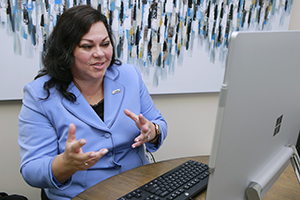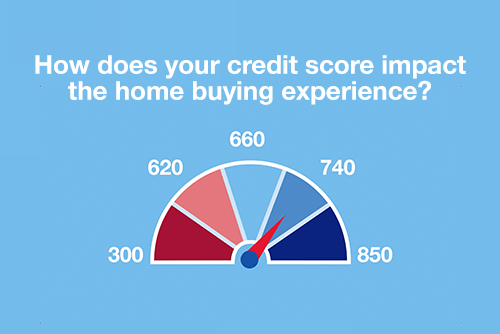Whether you’re planning a weekend getaway with friends or an affordable vacation for a large family, your credit card can help you plan sustainably.
Taking a break for a vacation can do wonders for your stress level, but the costs associated might not. With the right planning and smart use of your credit card, however, you can create a realistic travel budget so you can enjoy the fun of your vacation worry-free.
Take advantage of welcome offers
If you’re in the market for a new credit card, don’t apply until you’re ready to book your trip. Why? Because new cardholders typically get sign-up incentives and bonuses for spending a certain amount in the first couple of months. These perks could include cash back or a surplus of miles.
Let’s say your card’s welcome offer is $450 in travel redemption when you spend $2,000 in eligible purchases within four months of account opening. You could spend $2,000 on flights, then use the $450 reward for a hotel room, lowering the overall cost of your trip.
Track spending and get rewards
Using a credit card specifically reserved for travel purchases, you can accurately track spending and stick to your vacation budget. Beyond the welcome offer, many credit cards offer rewards and discounts on every purchase made. It saves money during your trip and for future family vacations on a budget. For example, a U.S. Bank credit card may offer:
- Cash rewards to help offset vacation expenses
- Travel rewards that can be used for flights or hotels; and/or
- Retail rewards to put toward new camping gear or sports equipment
Prepare for the unexpected
No matter how much you plan, surprise expenses can still pop up. So it’s a good idea to have a credit card that you can use for unexpected costs. (Think: last-minute ticket changes, replacement luggage, special souvenirs or spontaneous adventures.) You’ll also need a credit card to book any airlines, hotel rooms or travel company services.
Additionally, many travel rewards credit cards offer benefits, such as fraud protection, rental car insurance and travel insurance. While an emergency is unlikely, the coverage means you won’t pay out-of-pocket or blow your travel budget in worst-case scenarios.
Start saving for vacation early to improve your credit score
Using your credit card can improve your credit score if you pay your bills on time. Create a travel budget and start saving for vacation early. That way, as you take advantage of your credit card while on vacation, you're prepared to pay your bill when you get back.
While it’s ideal to pay your bill in full every month, consider applying for a credit card with a 0 percent introductory APR. Doing this before booking your trip may allow you to spread travel costs over several months without paying any interest. It’s another way to help plan an affordable vacation for a large family.
Keep your credit card secure
Before you leave, be sure to call your bank and let them know when and where you plan to travel. Or, if you have a U.S. Bank account, set up travel notifications within the app. This helps guard against unnecessary fraud warnings or even a possible freeze on your account if the bank suspects misuse.
While traveling, it’s important to be on higher alert than usual for credit card thieves. Minimize the time your credit card is out of your wallet with contactless payments – functionality available via U.S. Bank Altitude Reserve Visa Infinite cards. Retailers that accept contactless payments allow consumers to make purchases in seconds with the tap of a card. Or link any U.S Bank card with Apple Pay, Google Pay or Samsung Pay for mobile payments on the go.
Not only are credit cards great for planning family vacations on a budget – they can also provide invaluable benefits and perks while traveling. If you’re unsure which credit card is right for you, continue reading to find out how U.S. Bank credit cards can simplify your life and improve your financial planning skills.
Learn about our Mobile and Online Banking options with Digital Explorer, a quick and easy way to help you understand all you can do digitally at U.S. Bank.




































































































